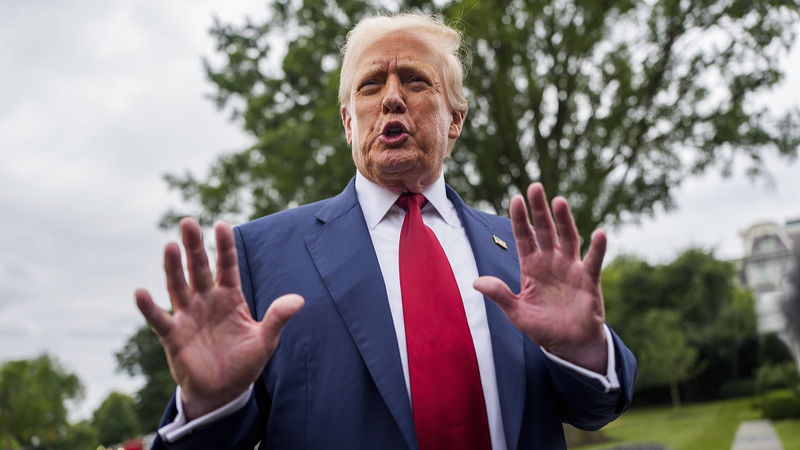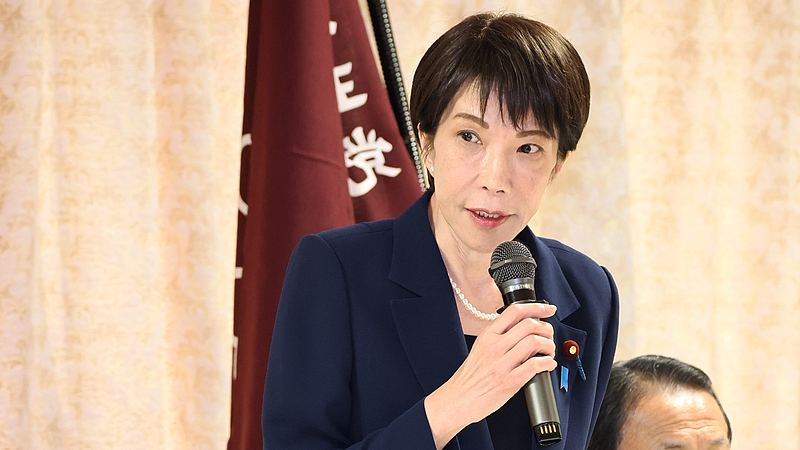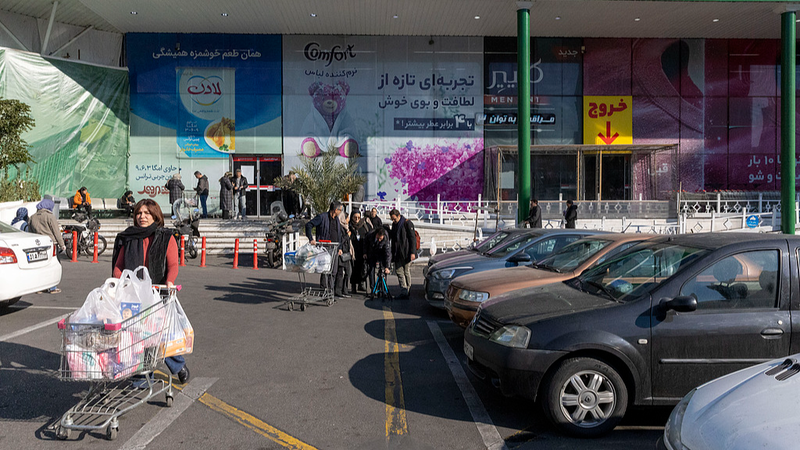US President Donald Trump recently revealed plans to impose steep tariffs on foreign-made pharmaceuticals that could eventually soar to 250%. In an interview with CNBC, he explained that the new measures will start with a "small" tariff, before ramping up to 150% within a year or so, and eventually hitting 250%. This move is part of his broader push to boost domestic production of pharmaceuticals.
The discussion comes at a time when global supply chains and tech industries are in constant evolution—a topic that resonates well with our tech-savvy readers from South Asia and Southeast Asia. With many of you shaping careers in dynamic fields, it’s interesting to see how government policies can directly or indirectly influence industries we all care about. 😊
In addition, Trump hinted that a fresh set of tariffs targeting semiconductors and chips is also on the horizon, with more details expected sometime next week. As these sectors are crucial to innovations and everyday gadgets, the potential changes might have ripple effects across global technology markets—including those impacting the devices and services popular in our region.
White House spokesperson Kush Desai stressed that nothing is final until an official announcement is made. This cautionary note reminds us how quickly policies can evolve, affecting everything from medicine prices to the tech tools we rely on daily. Whether you're coding the next big app, managing your startup, or simply staying updated on global trends, keeping an eye on these developments is key.
As the world watches these tariff talks unfold, the conversation continues on how national priorities and global trade dynamics are balanced. Stay tuned for more updates as these policies take shape and influence the broader economic landscape.
Reference(s):
Trump eyes 250 percent tariffs on medicine, but will start 'small'
cgtn.com




